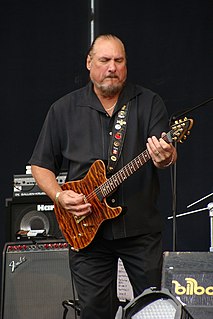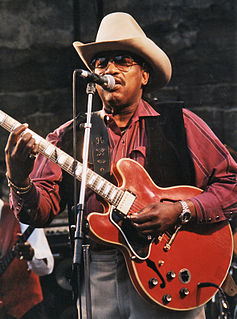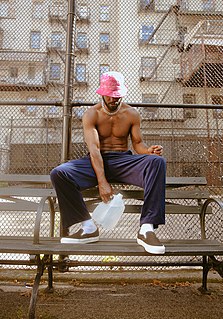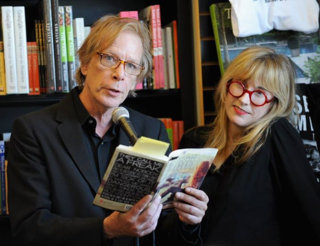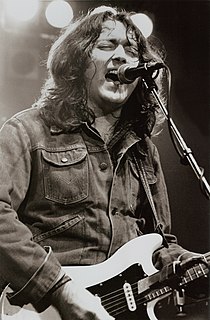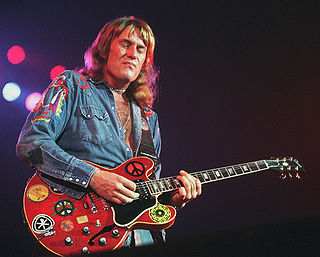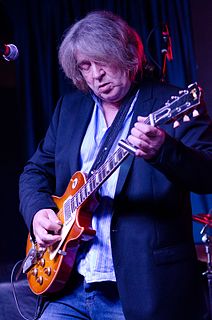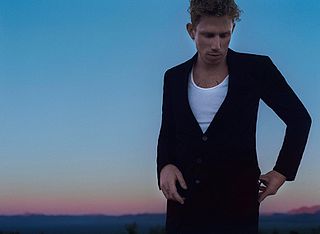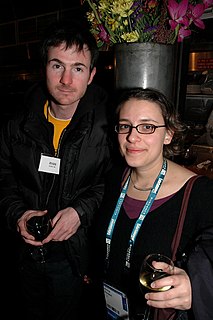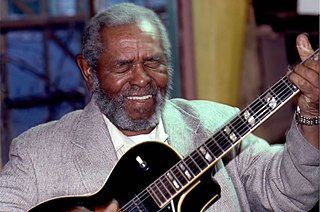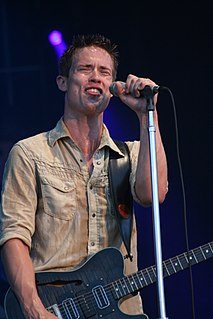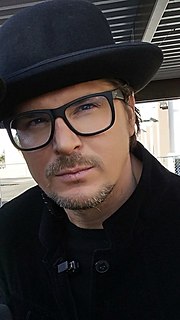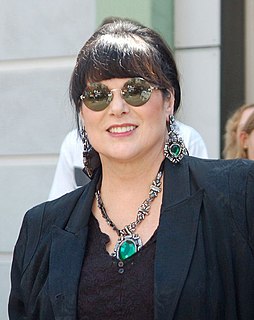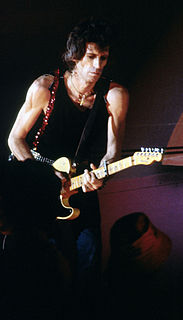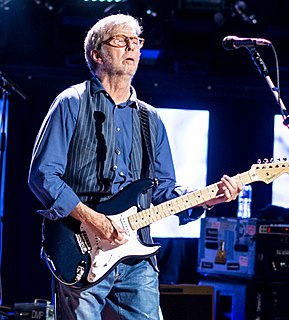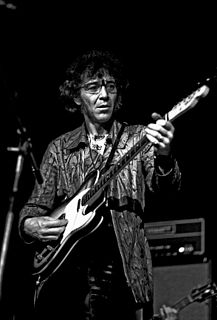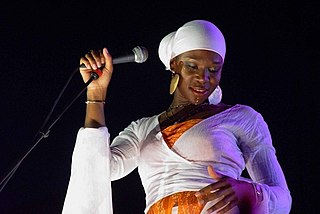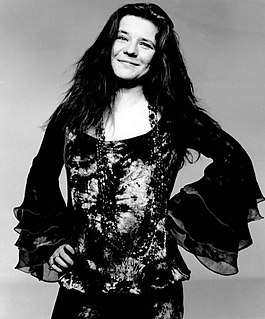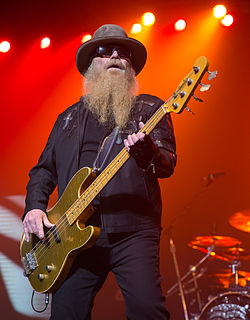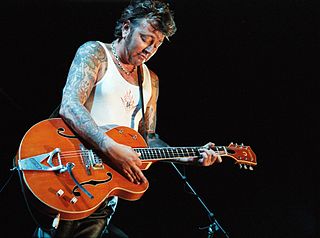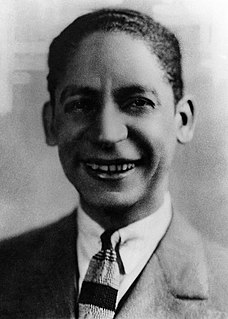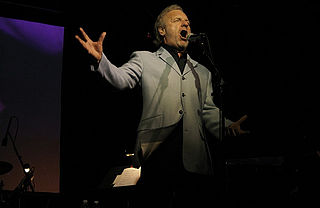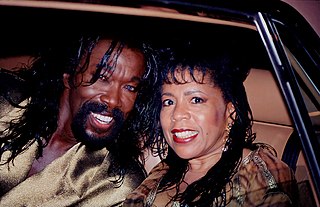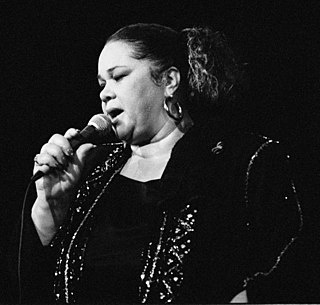Top 1200 Blues Music Quotes & Sayings - Page 6
Explore popular Blues Music quotes.
Last updated on December 18, 2024.
The blues are important primarily because they contain the cultural expression and the cultural response to blacks in America and to the situation that they find themselves in. And contained in the blues is a philosophical system at work. And as part of the oral tradition, this is a way of passing along information.
Rock & Roll is so great, people should start dying for it. You don't understand. The music gave you back the beat so you could dream. A whole generation running with a Fender bass...The people just have to die for the music. People are dying for everything else, so why not the music? Die for it. Isn't it pretty? Wouldn't you die for something pretty?Perhaps I should die. After all, all the great blues singers did die. But life is getting better now.I don't want to die. Do I? - Lou Reed (1965-1968)
America and Europe are getting closer to each other. In the U.S. you've always had hip - hop, the blues, soul, and rock. For the last decade, there has always been a lot of electronic music in Europe. When I was just at Coachella, I noticed how the music they play there has become electronic, techno, deep house, more European - so I think it's more similar than before.
You know, I really feel a responsibility to the music, and I teach workshops in music sometimes. And folks do come to me and they go, 'How do I make this blues song my own? How do I feel like I'm not an impostor doing this?' And I'm like, 'That's an excellent question.' That's where you should start, where you go, 'How does this speak to me?'

